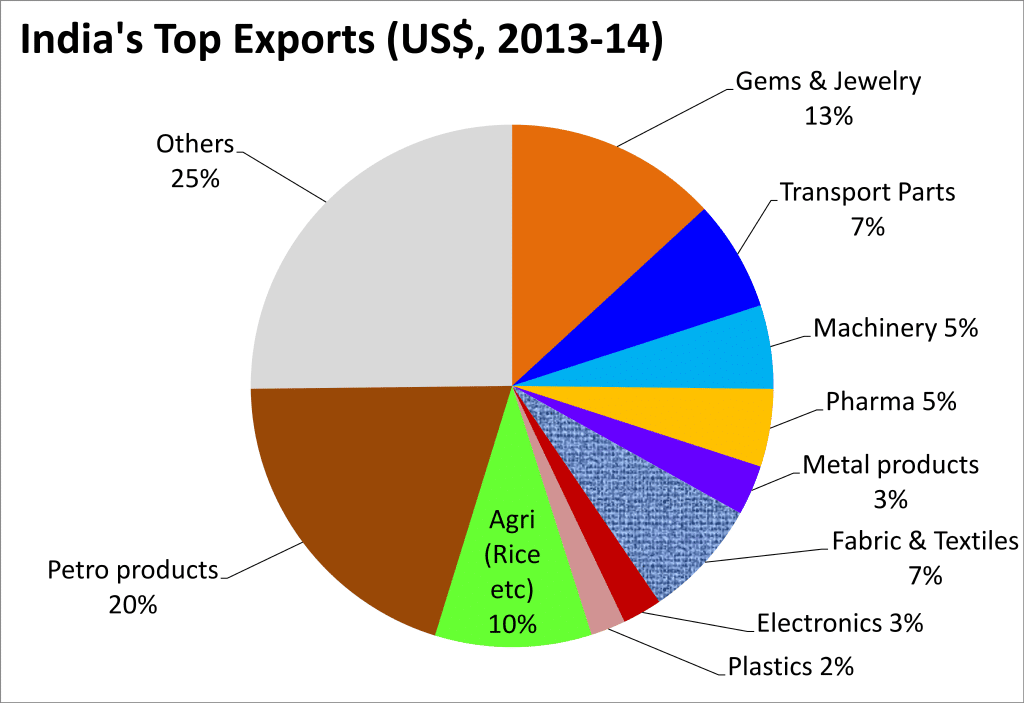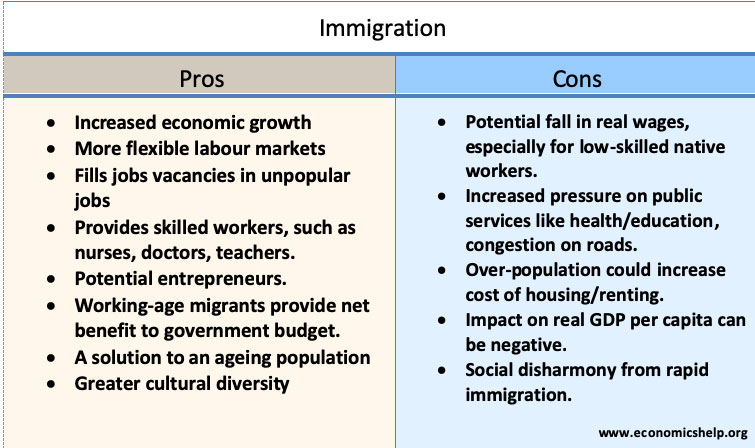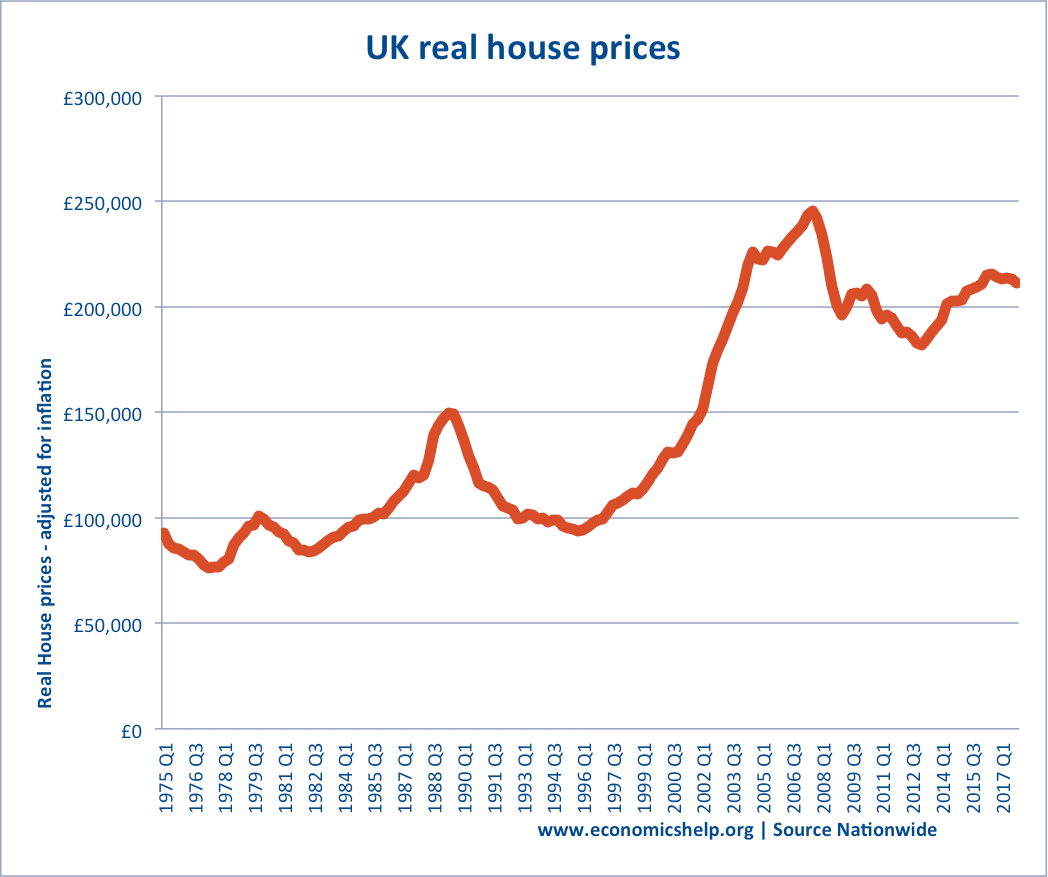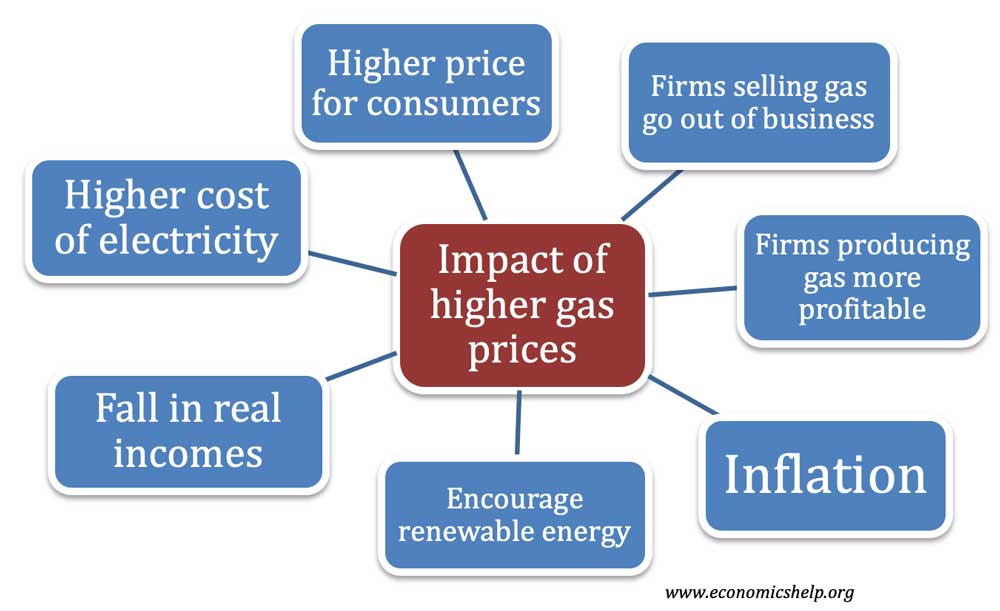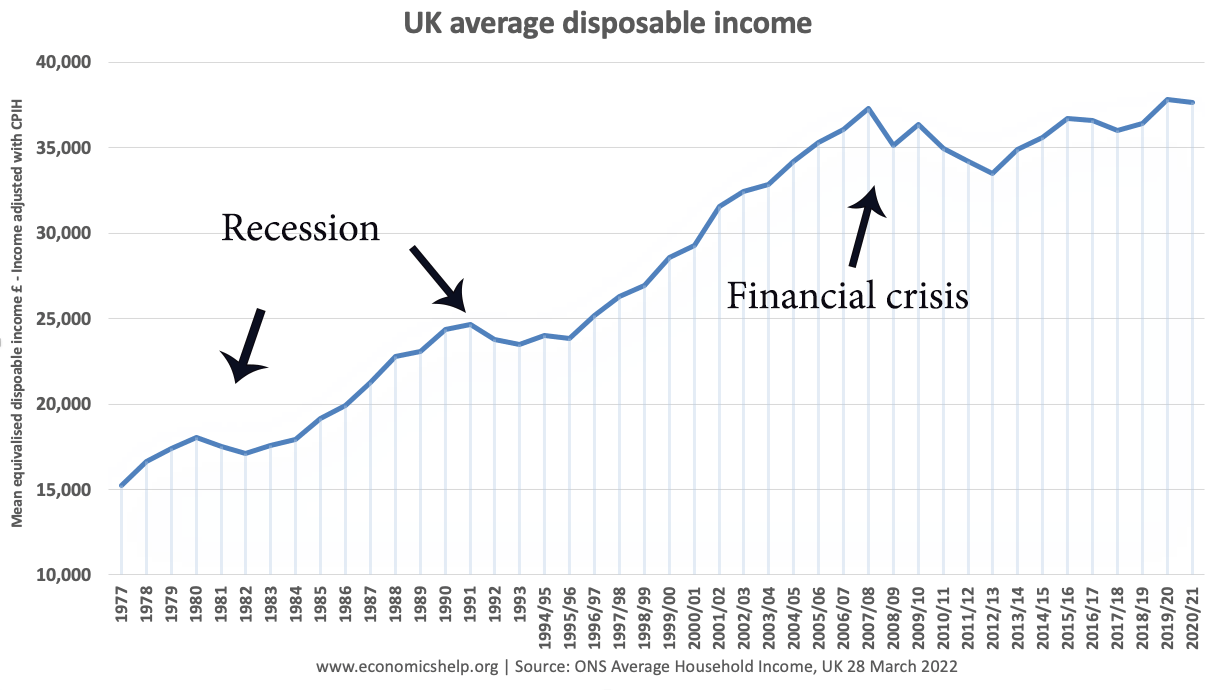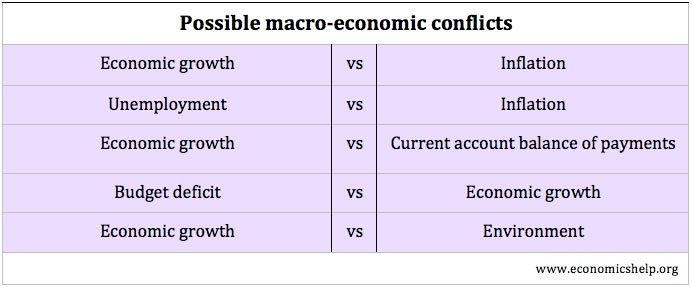Strengths of Indian Economy
After several decades of sluggish growth, the Indian economy is now among the fastest growing economy in the world. Economic growth is currently 7-8%, and set to outstrip China. Despite several problems facing the Indian economy, many economists point to potential strengths of the Indian economy which could enable it to continue to benefit from …

